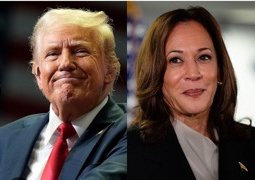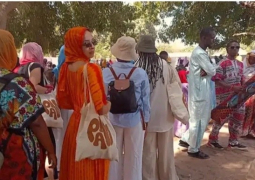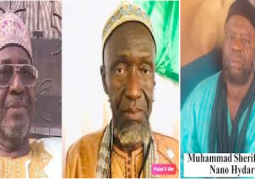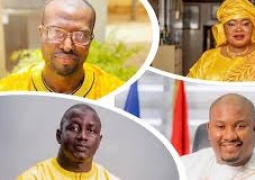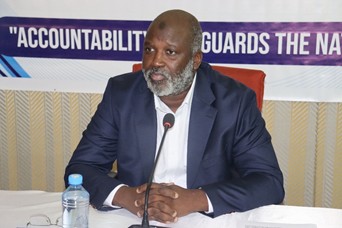
In his testimony before lawmakers, former Justice Minister Abubacarr “Ba” Tambadou disclosed that it was behind the scene pressures that shaped the government’s high-profile freezing of Yahya Jammeh’s assets. What many Gambians saw as a landmark act of accountability, Tambadou described instead as a politically-driven move forced upon him by Cabinet demands and public anger.
“To be honest, the assets were not high on my priority list,” he told the Committee in a candid admission. “We were dealing with more fundamental issues of governance stabilizing the country, preventing violence, and restoring the rule of law. The assets only became urgent because of political pressure and public perception.”
According to Tambadou, the presence of Jammeh’s wealth in daily Gambian life; his shops, vehicles, bakeries, and even herds of cattle created the impression that the dictator’s shadow still loomed large. Cabinet members, he revealed, insisted that the government act swiftly to send a political message that the Jammeh era was truly over.
“People saw the cars, the shops, the cattle, and it felt like nothing had changed,” Tambadou explained. “The pressure on government was too much. Cabinet wanted action, and I was instructed to freeze everything.”
In response, the Attorney General ordered a sweeping freeze, covering all known Jammeh-linked properties, businesses, and assets, without first making a distinction between what belonged to the state and what was privately owned. He admitted this was a deliberate choice. “Out of an abundance of caution, we froze all assets. We would sort out later which ones were state and which ones were personal.”
Counsel then questioned him about whether due process was sacrificed in favour of quick political wins.
By Tambadou’s own words, the decision to act against Jammeh’s wealth was less about legal procedure and more about symbolism demonstrating to Gambians that the new government was breaking with the past.
Counsel pressed him on whether such a sweeping approach risked injustice. Could state-owned assets, or even third-party properties, have been wrongfully frozen in the process?
Tambadou, acknowledged the risk but defended his approach as a necessary compromise in extraordinary times.
“These were extraordinary times. If we had waited for a clean legal process to separate state from personal assets, it would have taken weeks or months by then. Funds could have disappeared, and public trust would have collapsed.”
Counsel argued thus that this testimony undermines the credibility of the Janneh Commission process.
Tambadou, however, insisted that his conscience remains clear. “If this Committee is looking for evidence of improper conduct or wrongdoing based on personal motives, you will not find any,” he declared.


